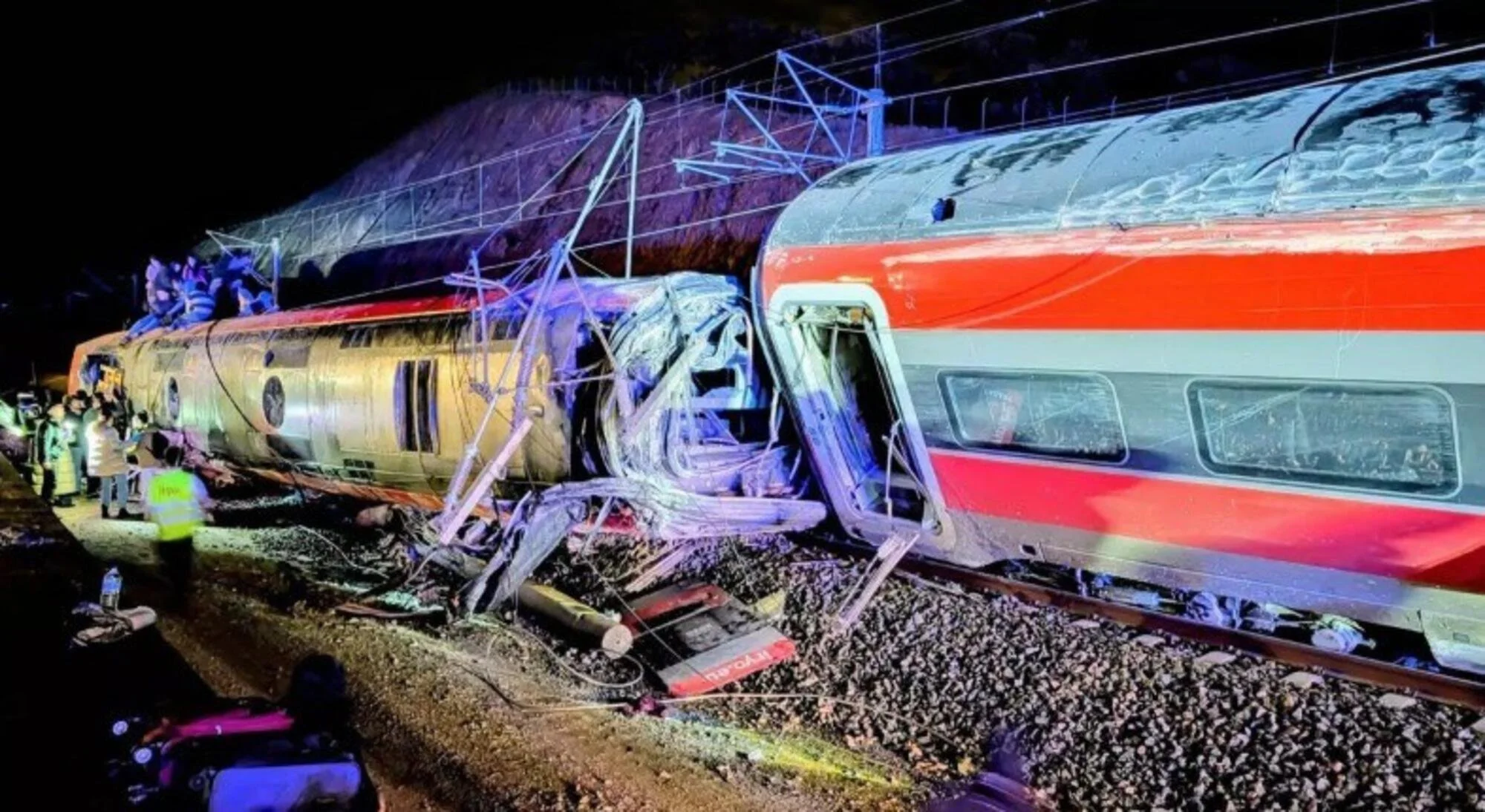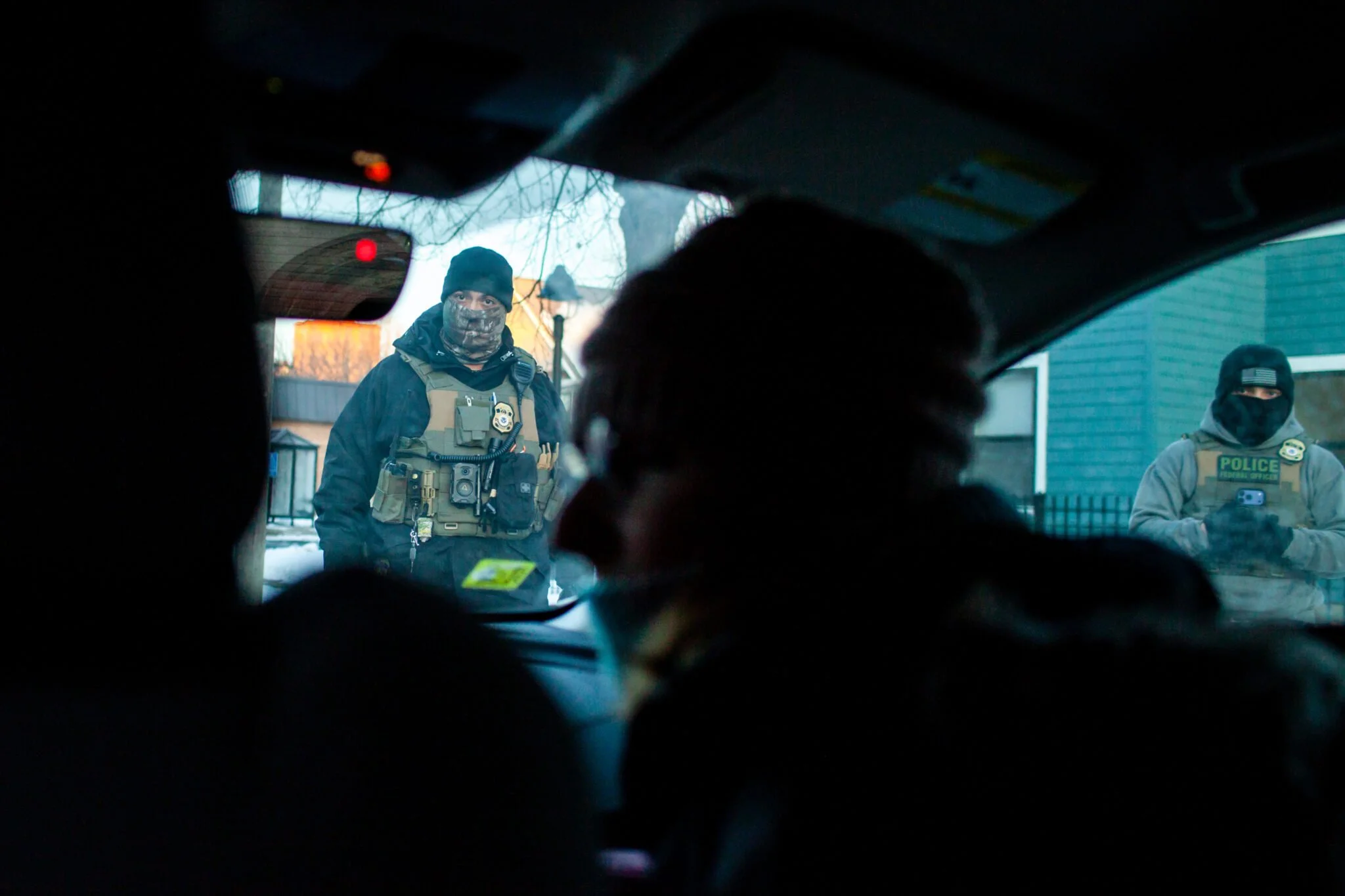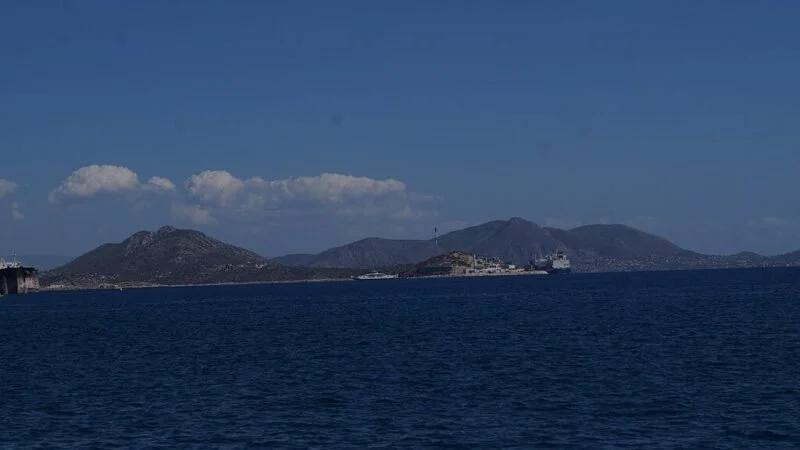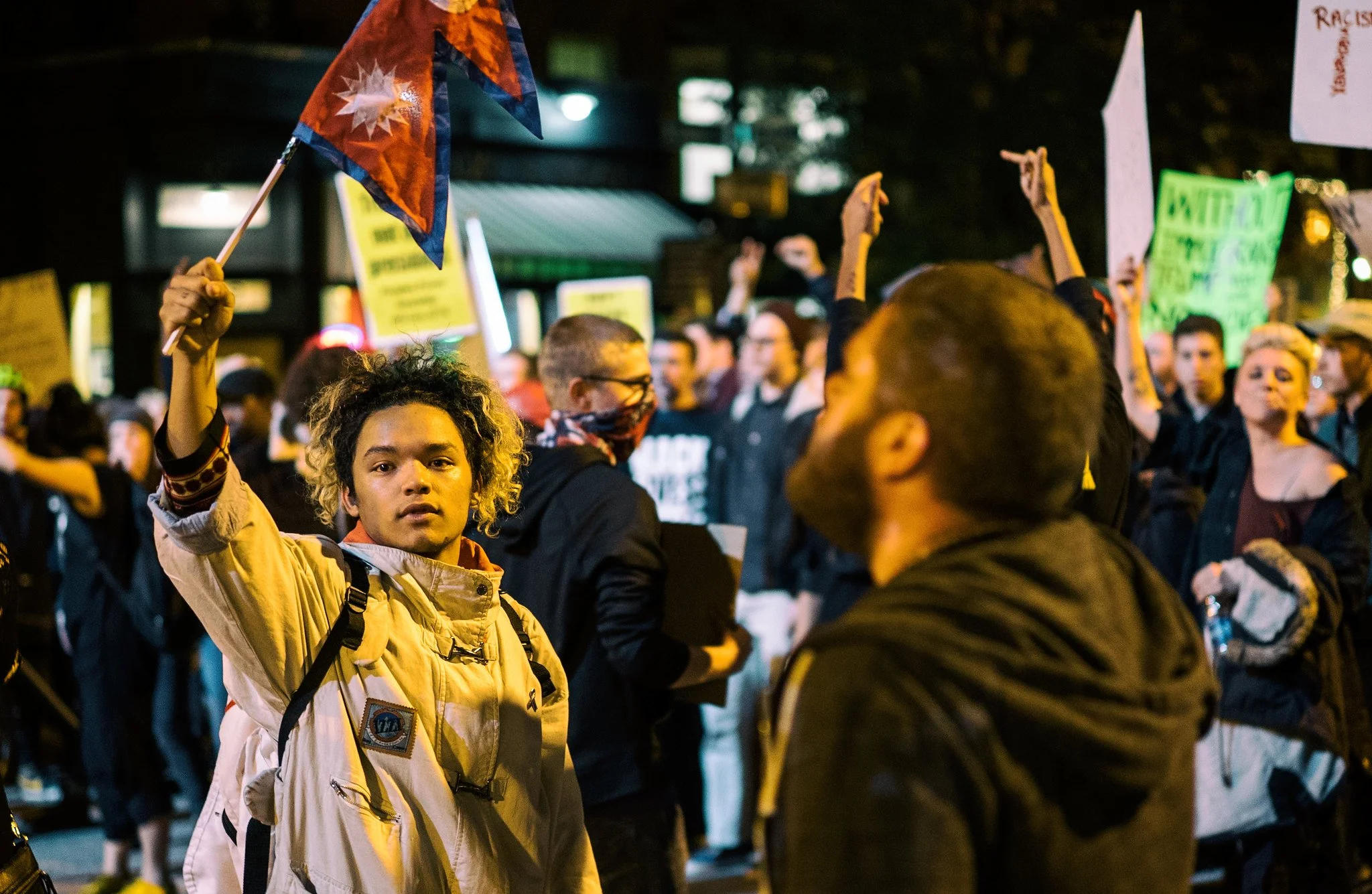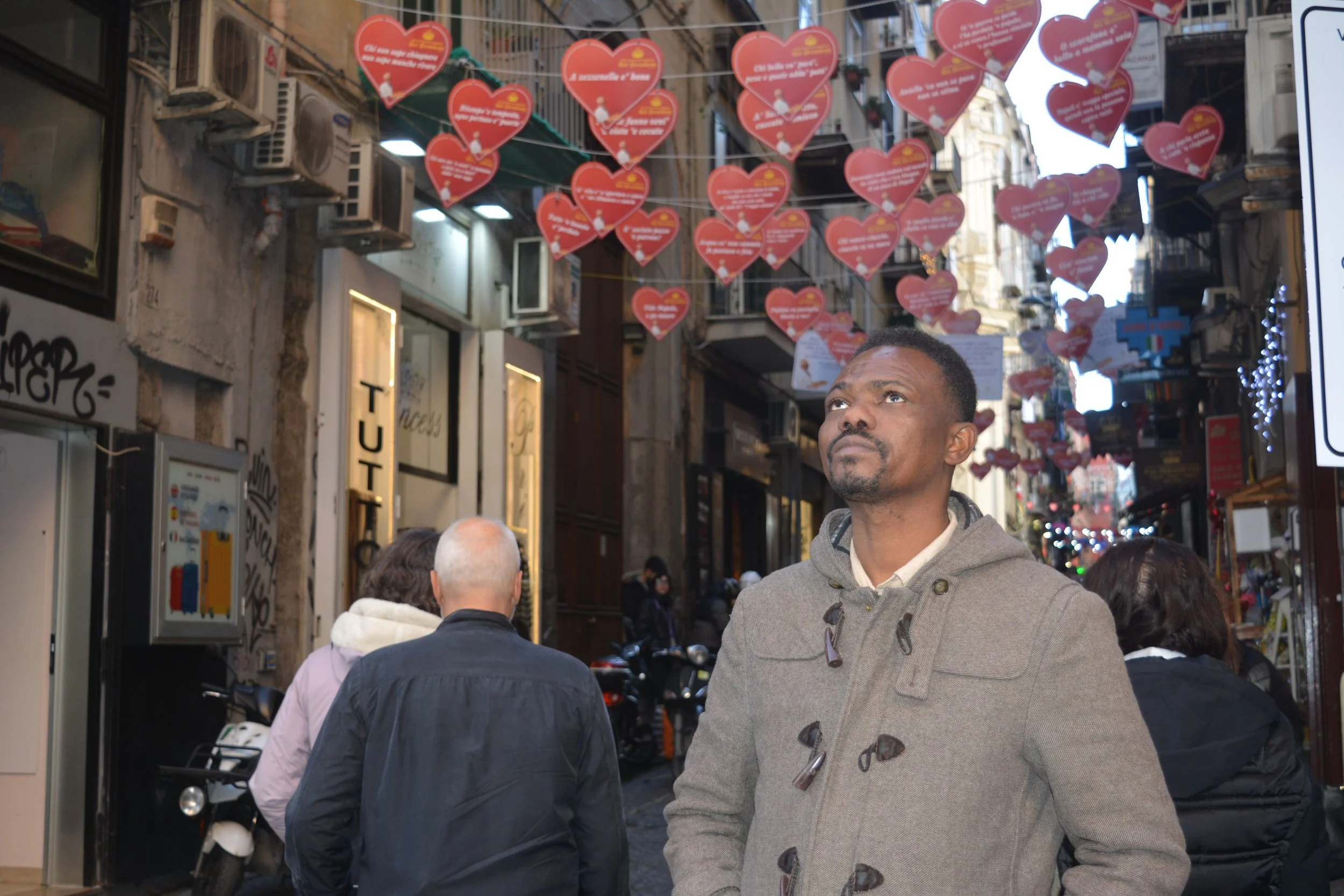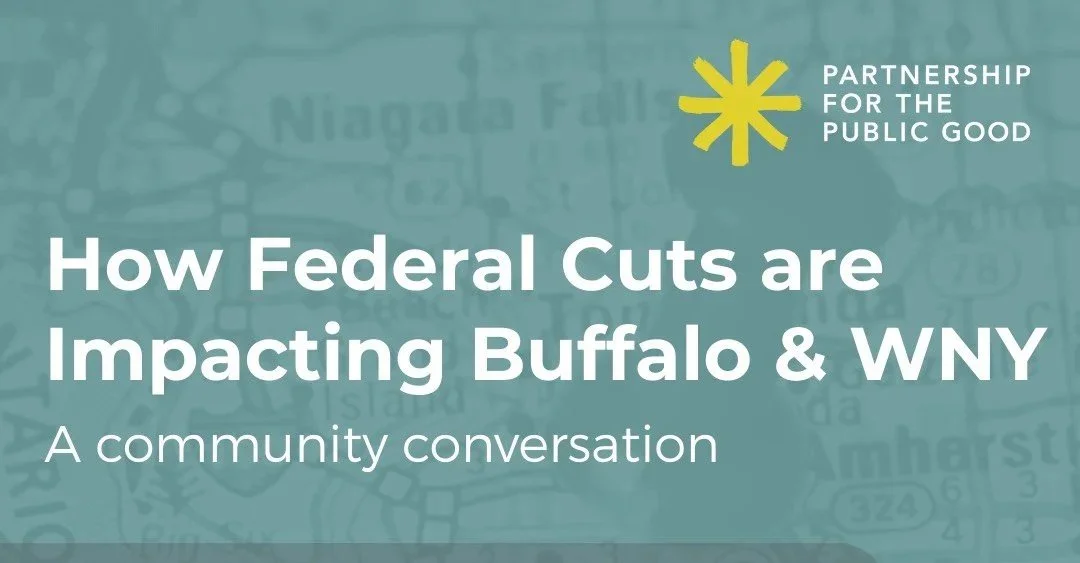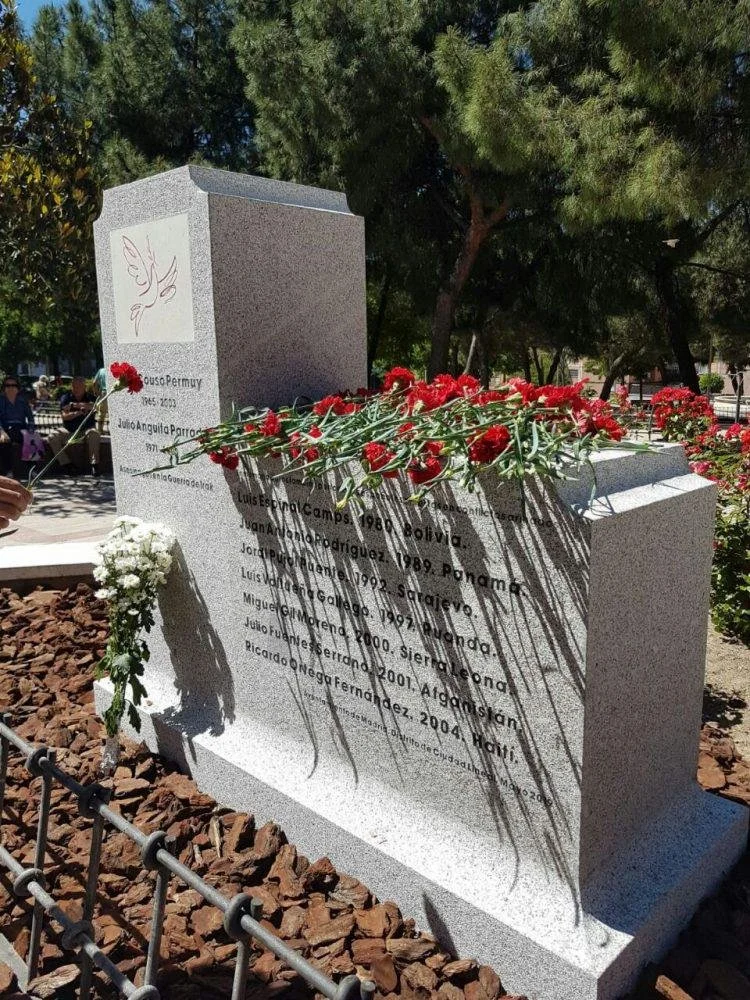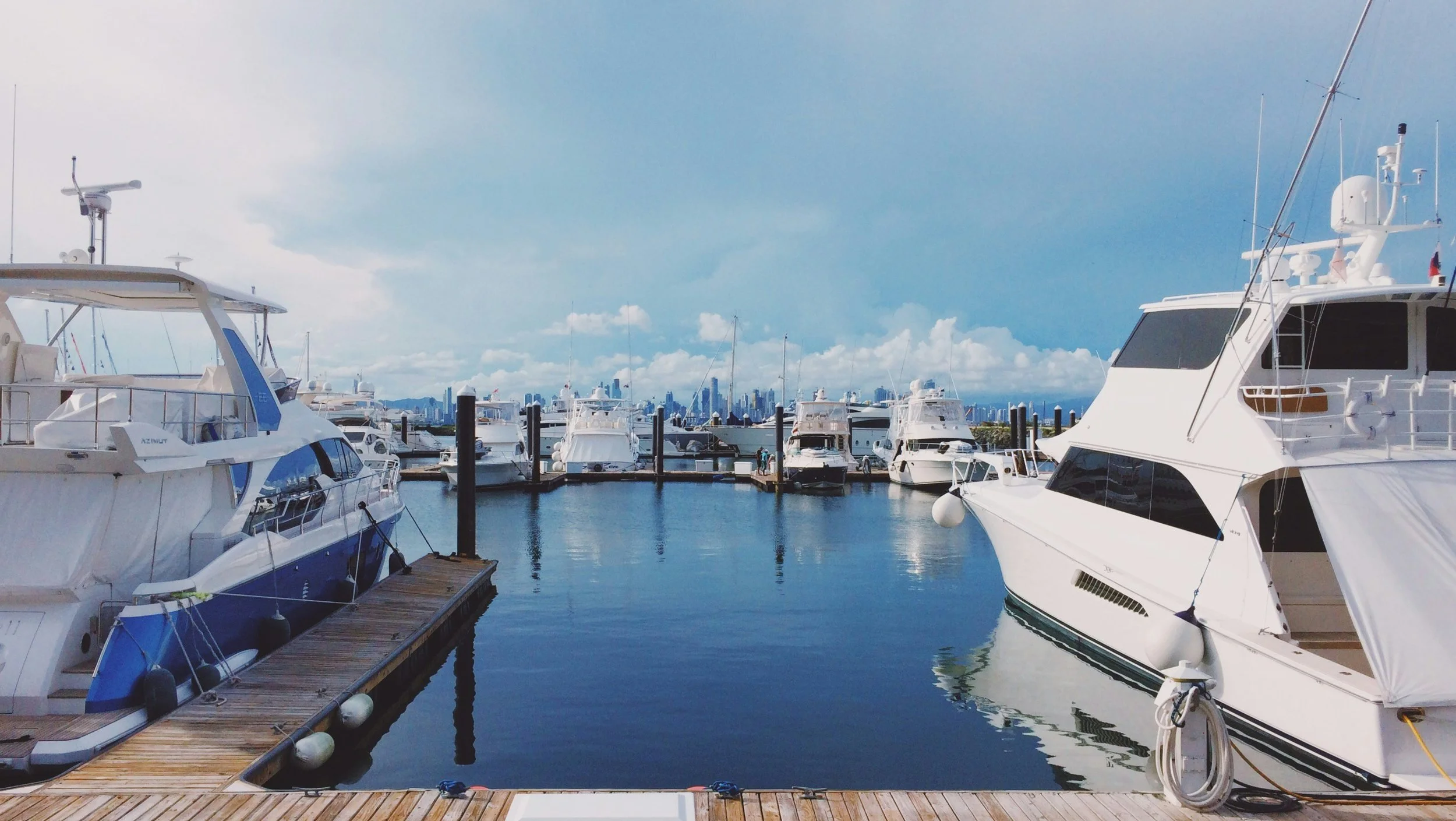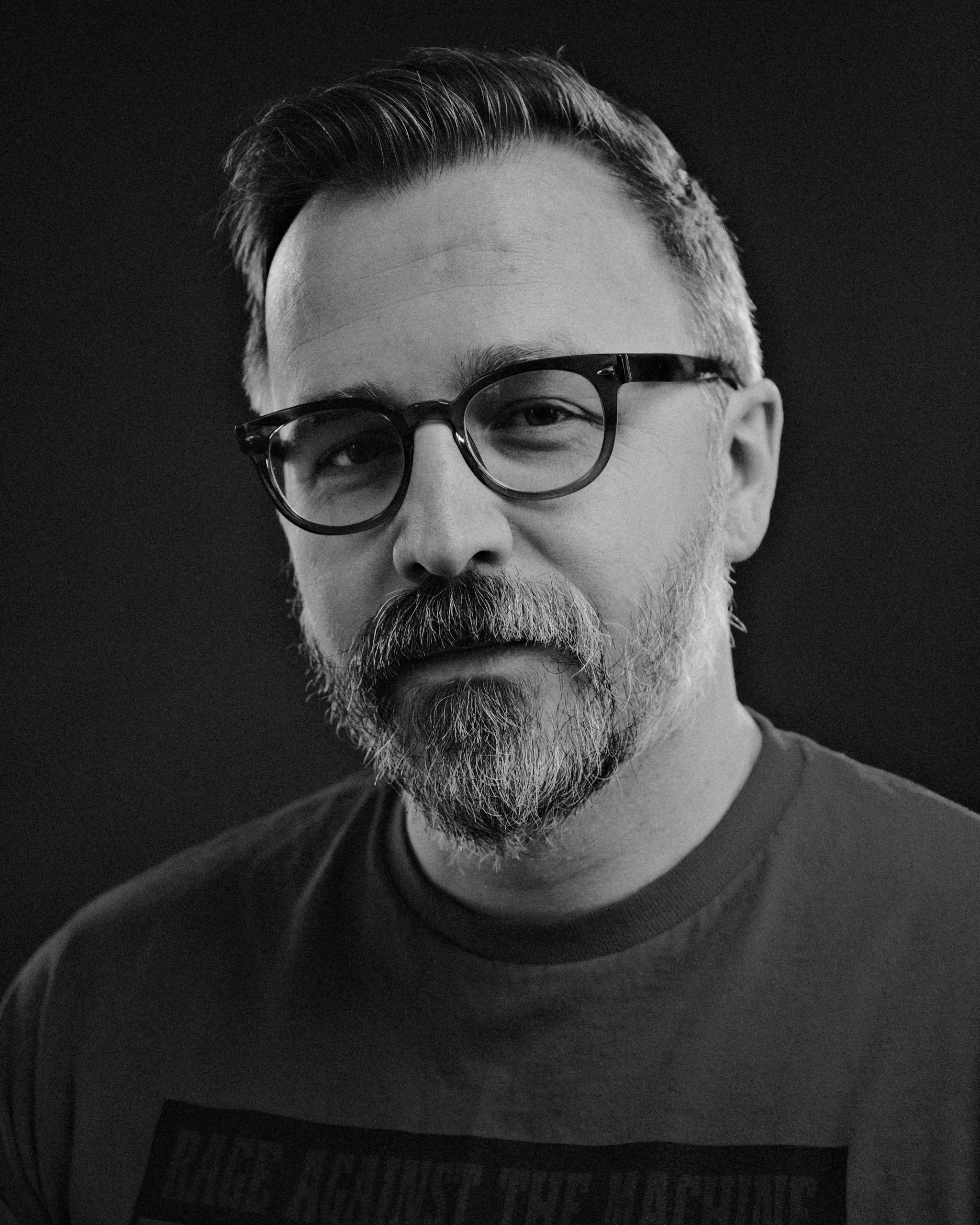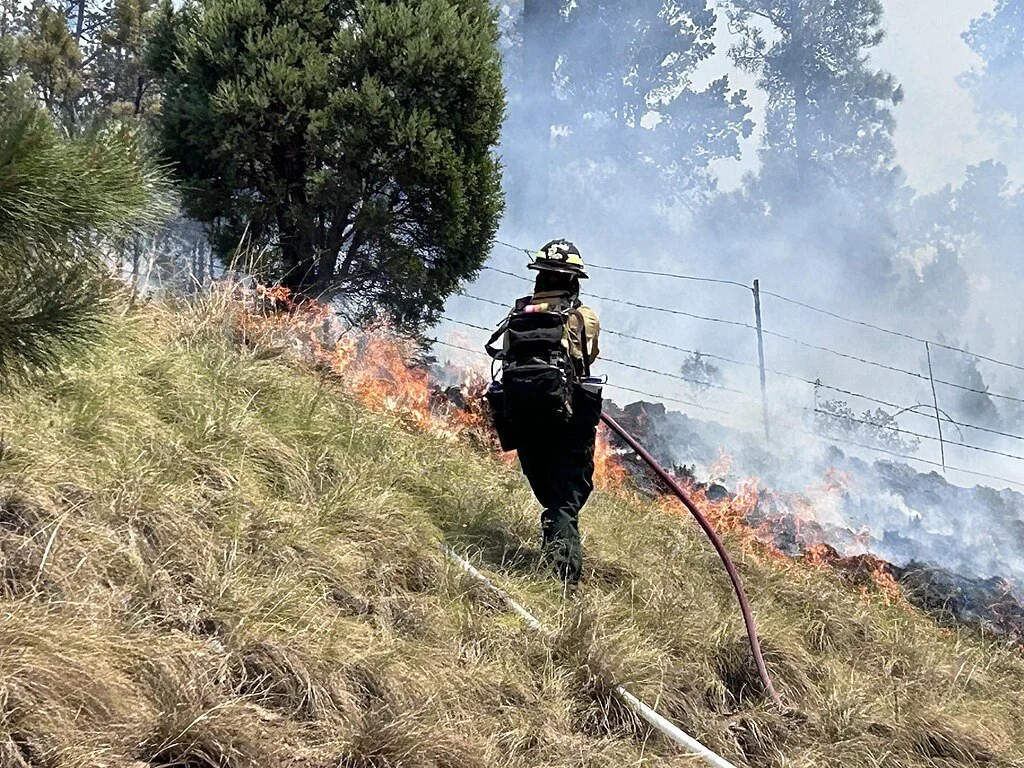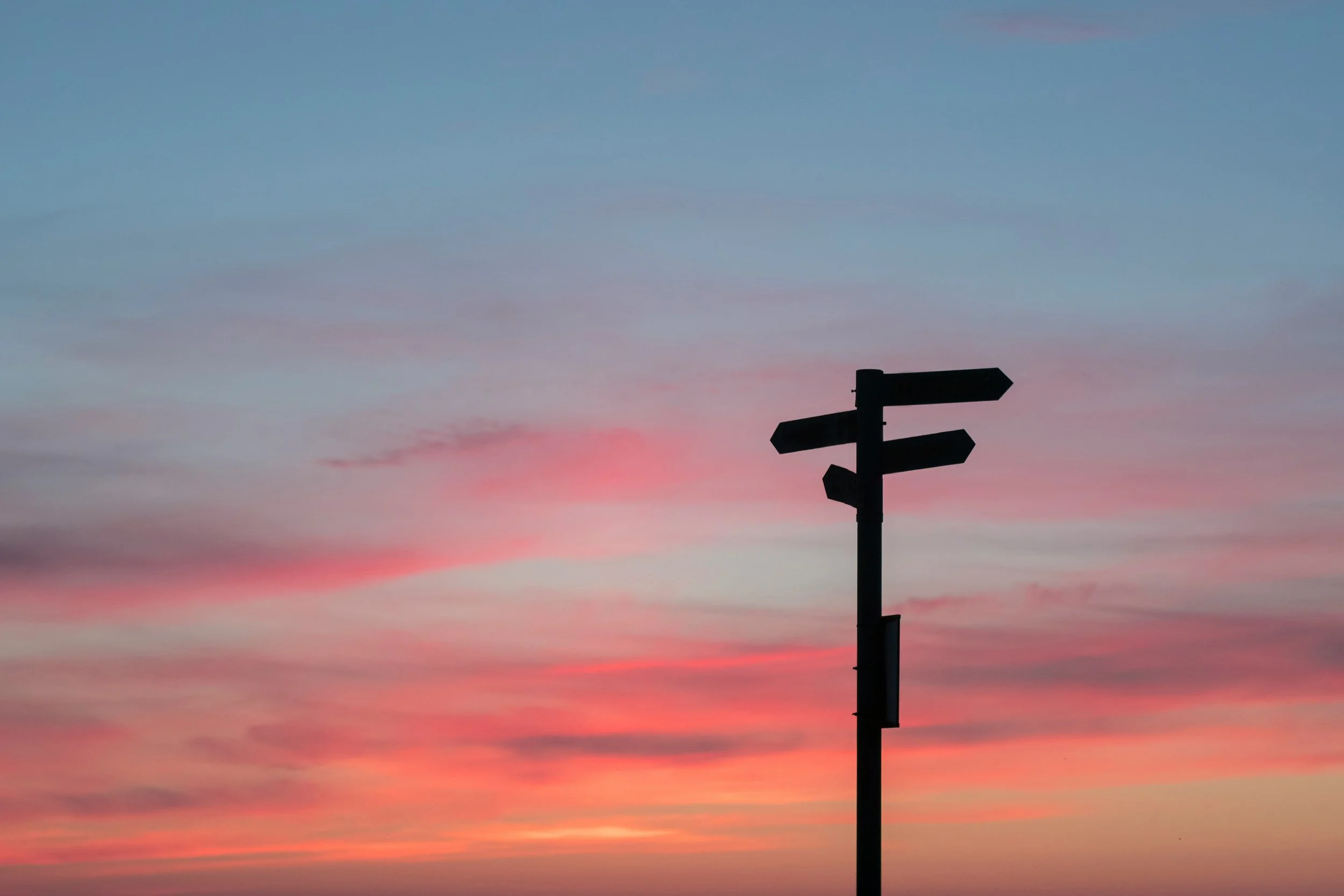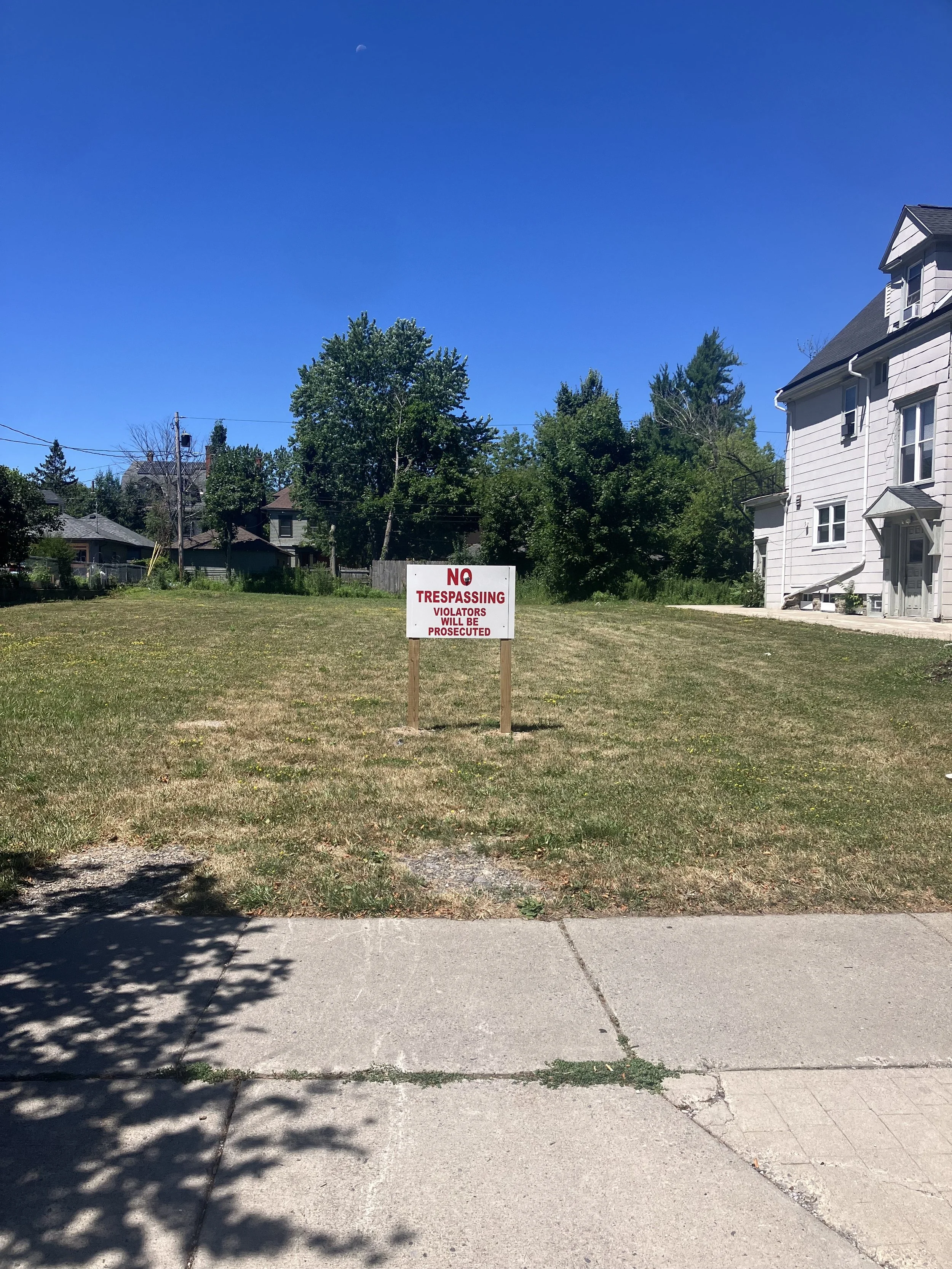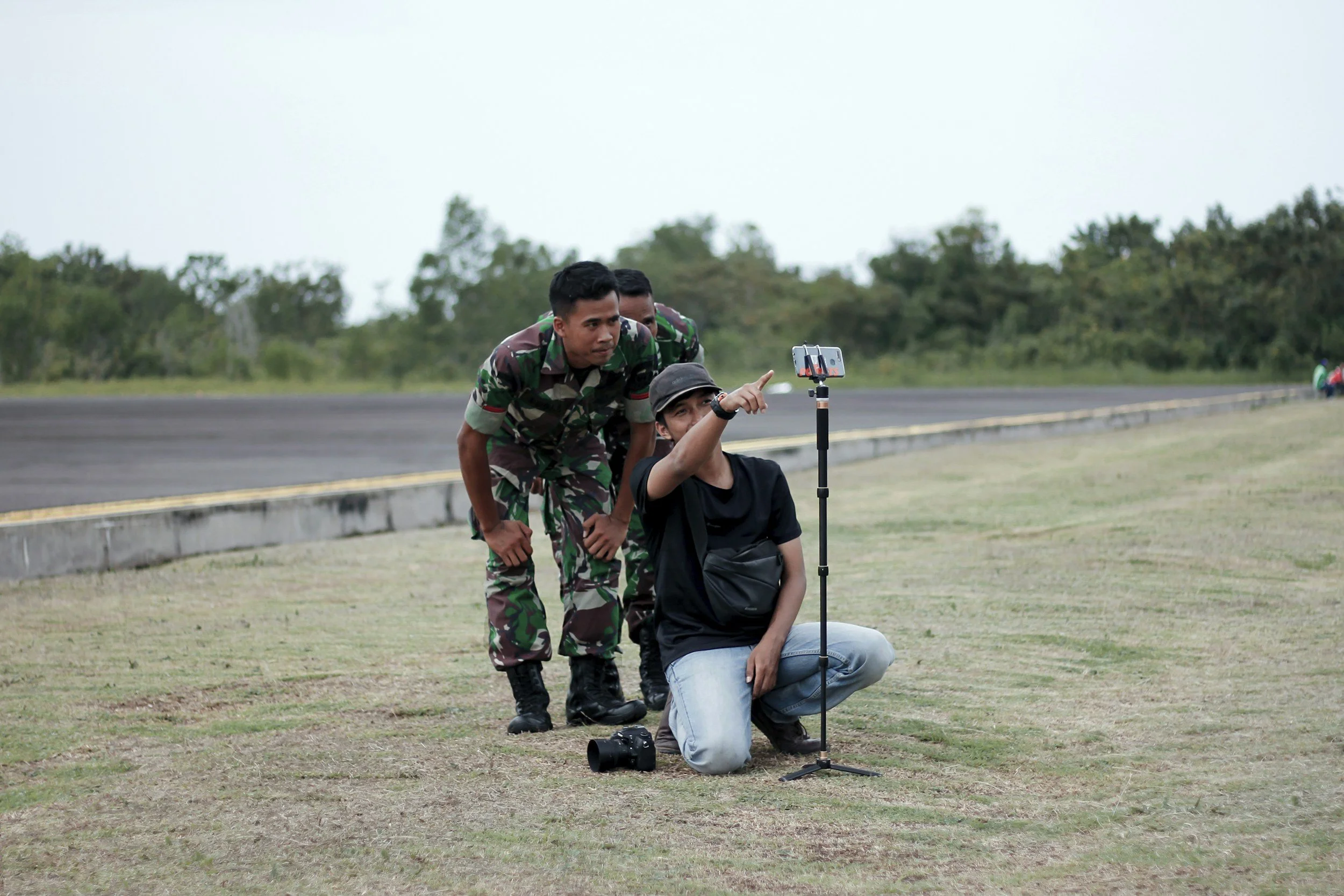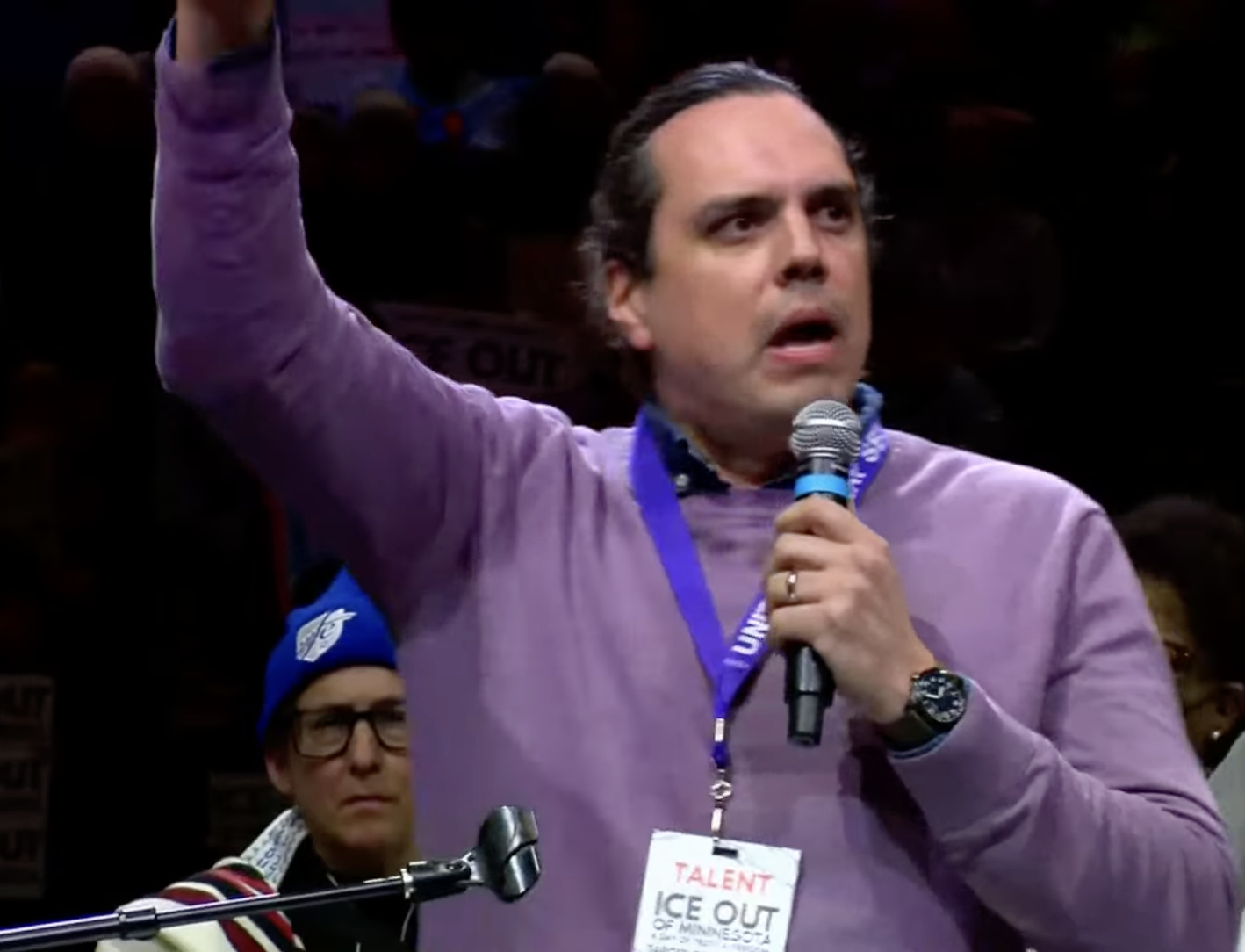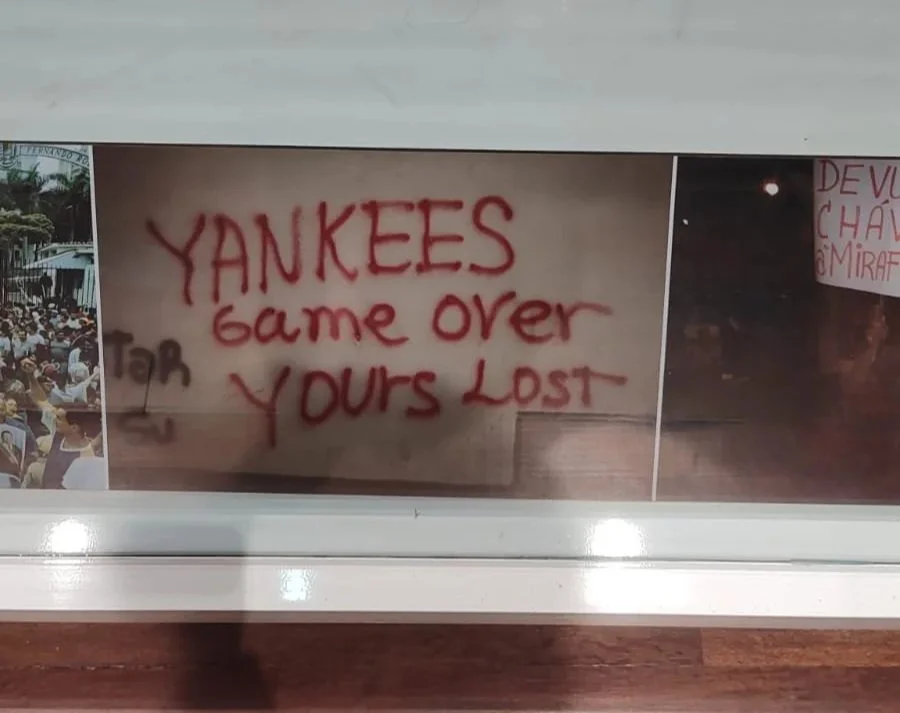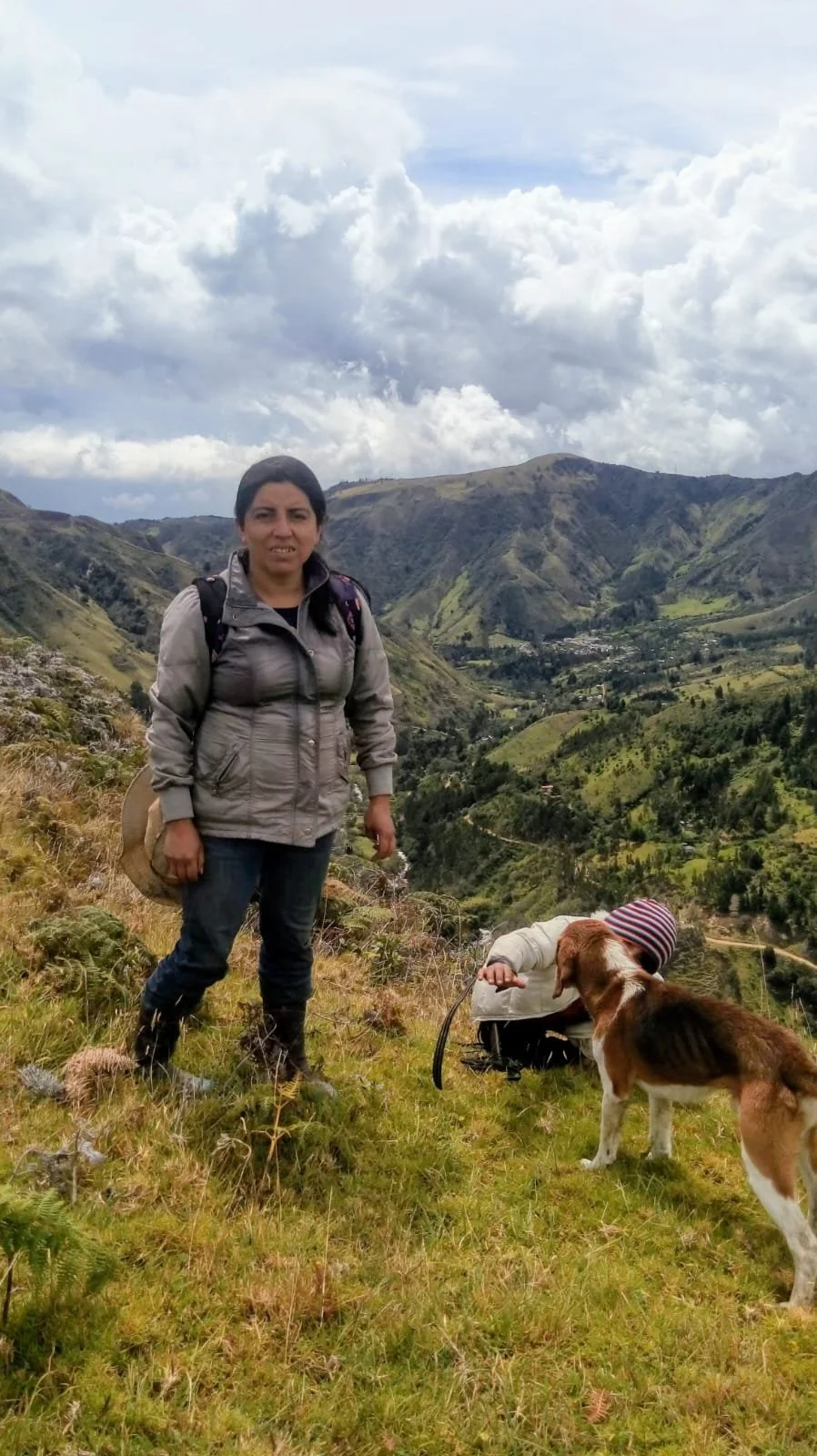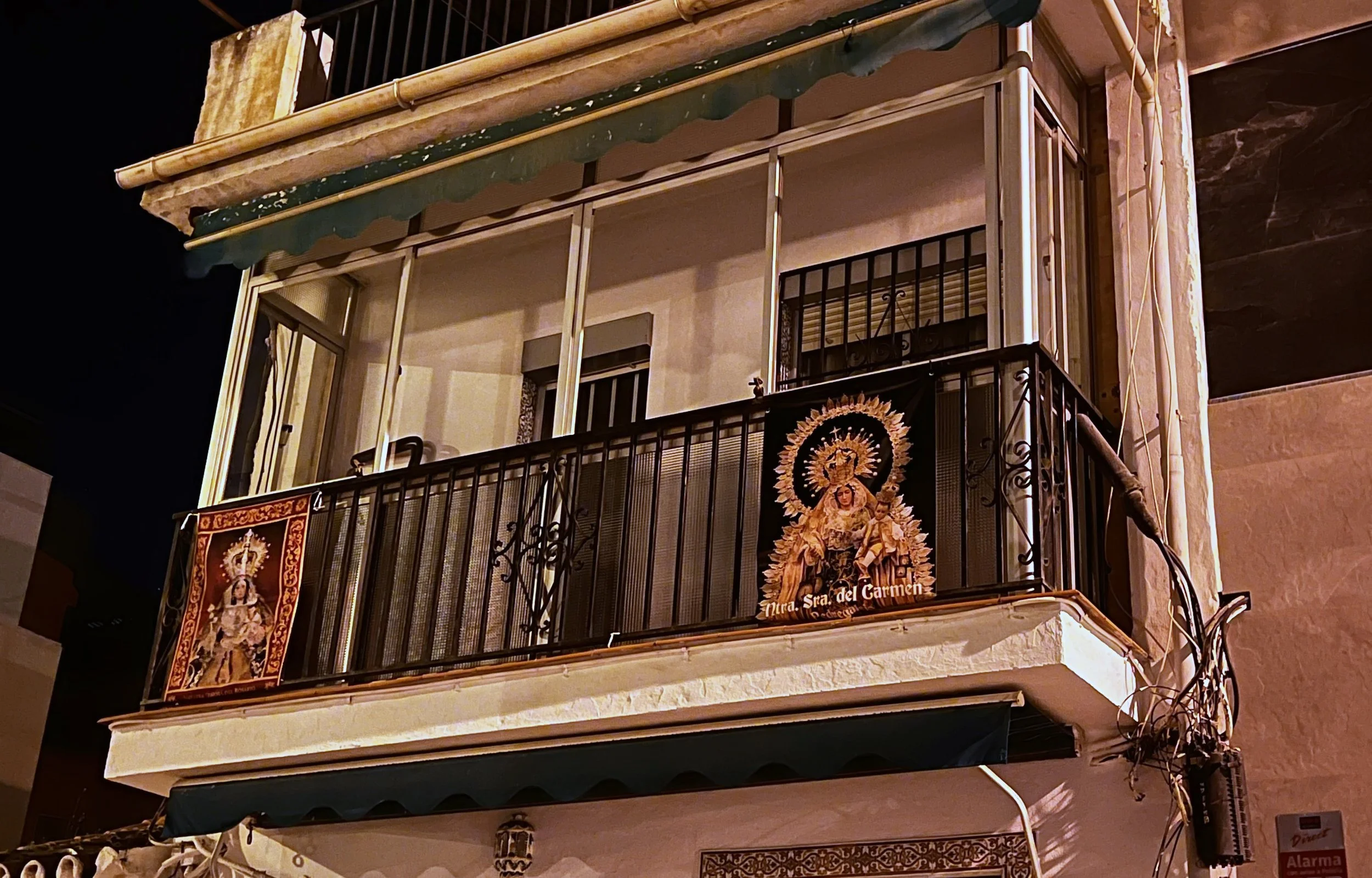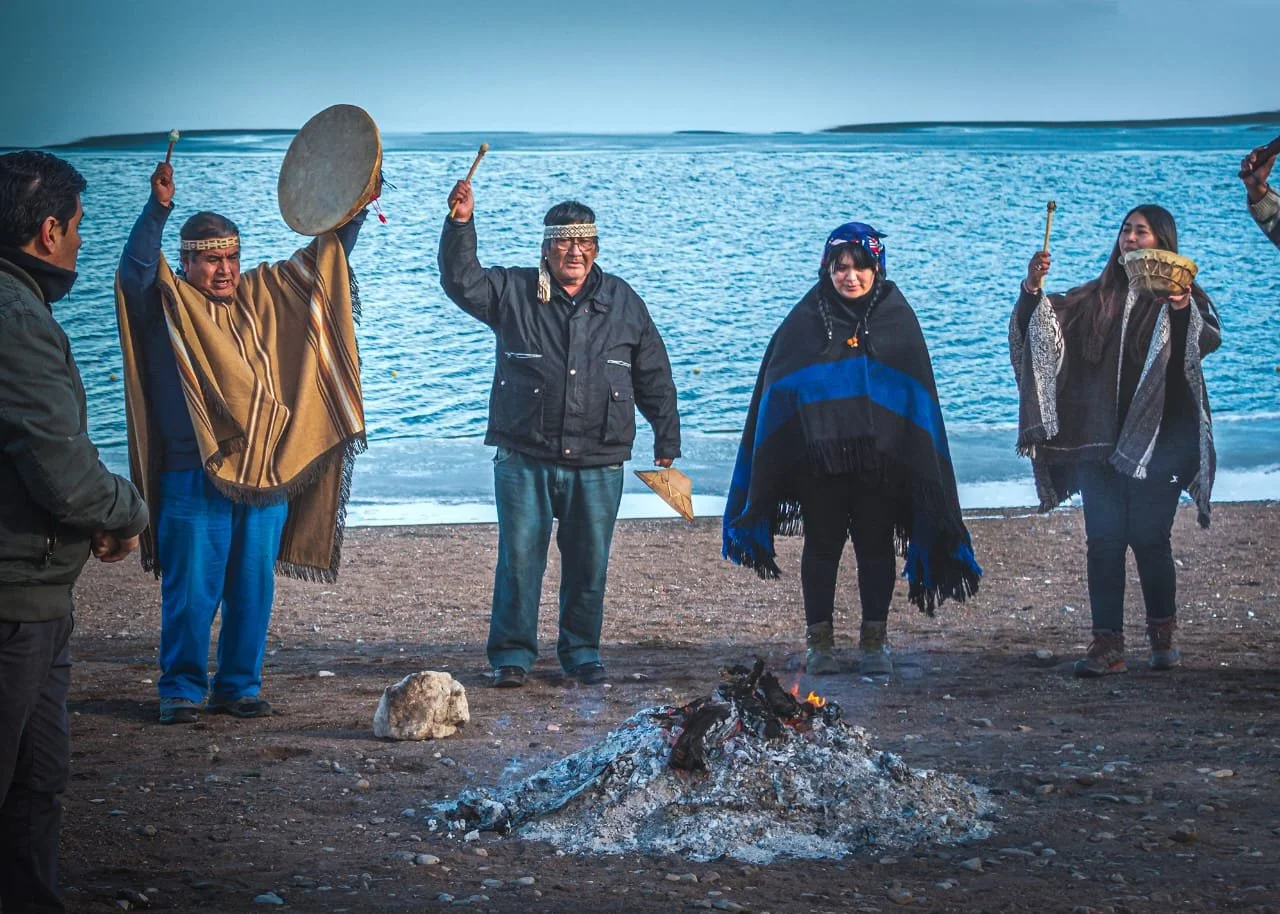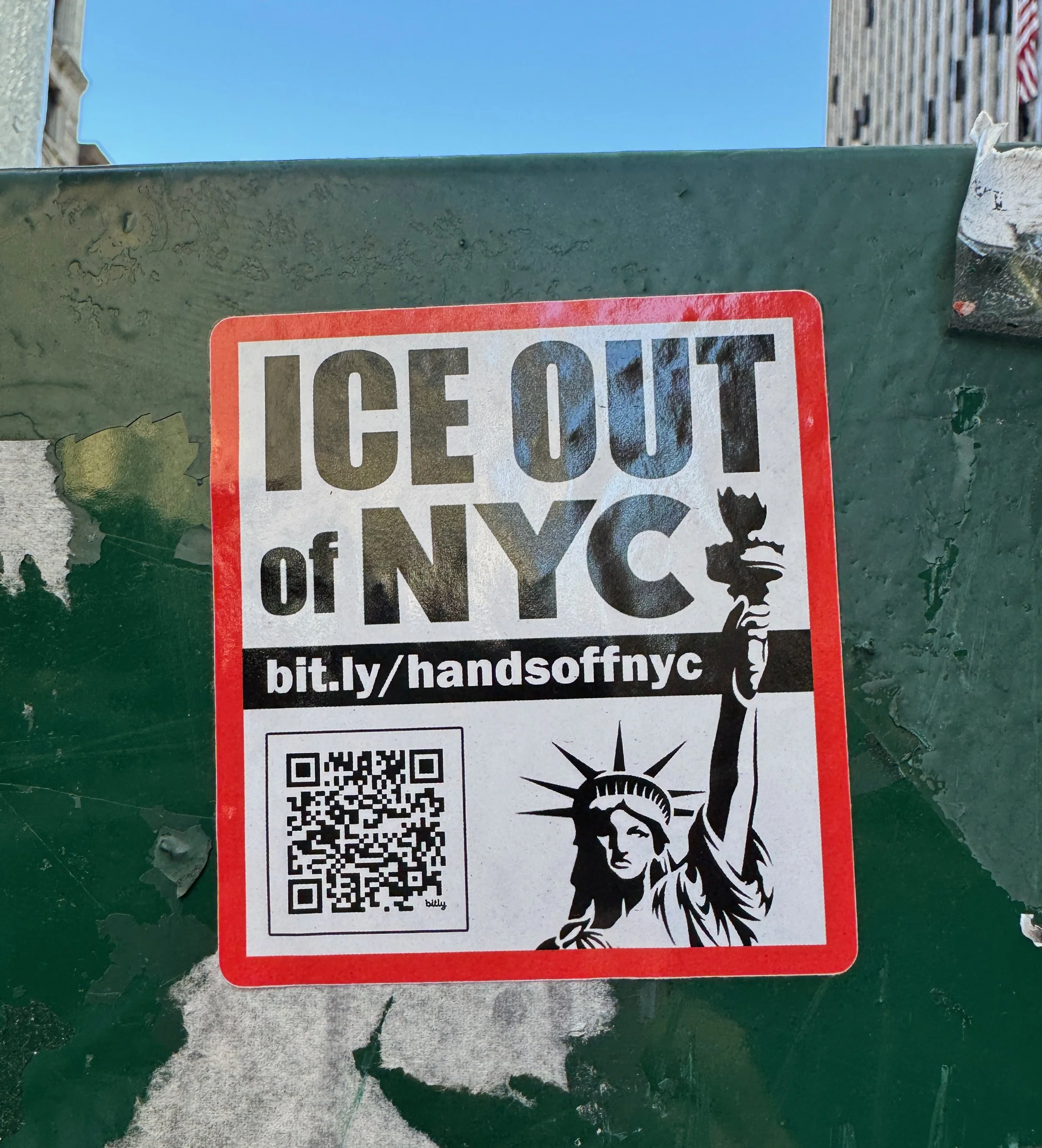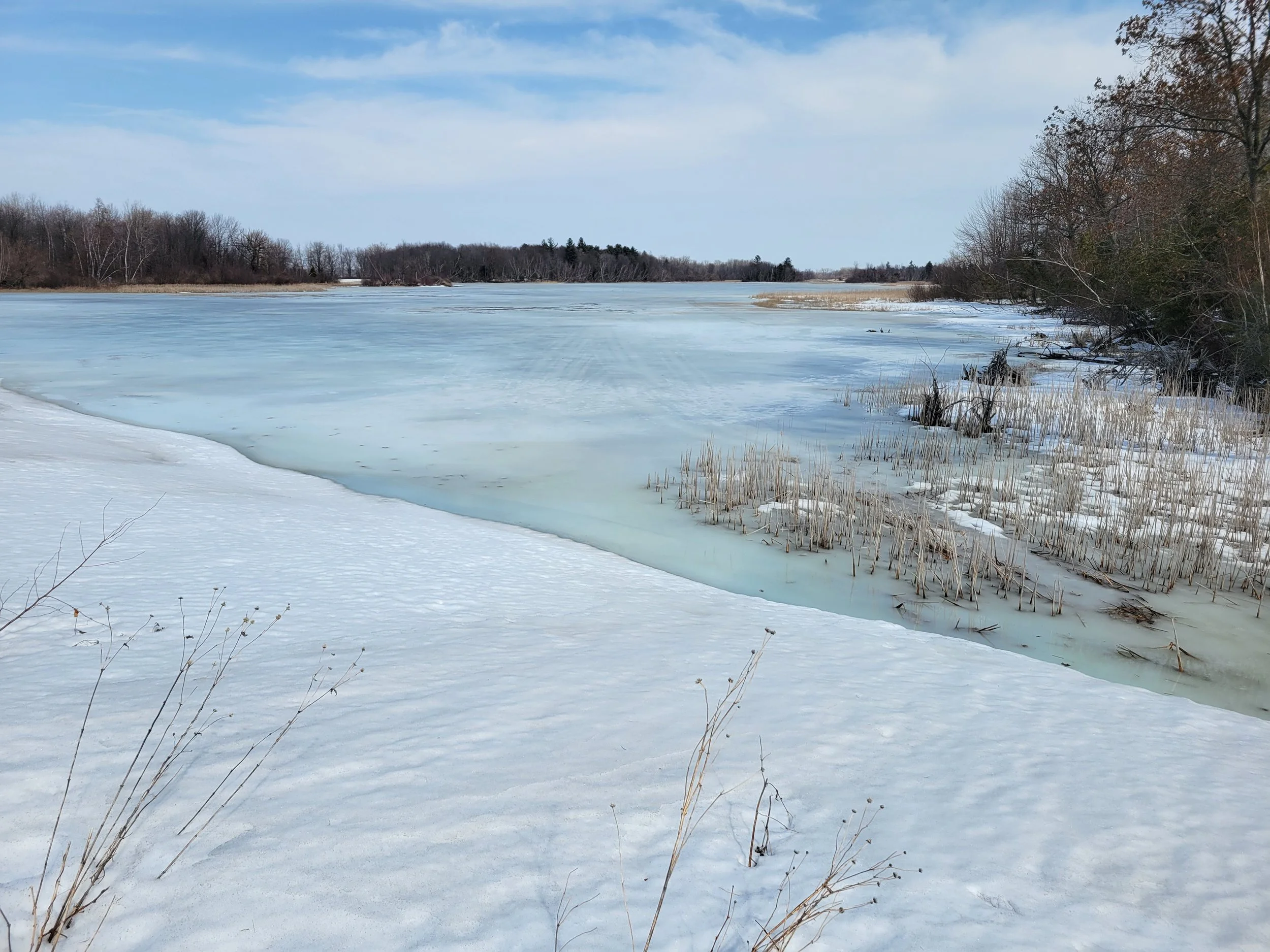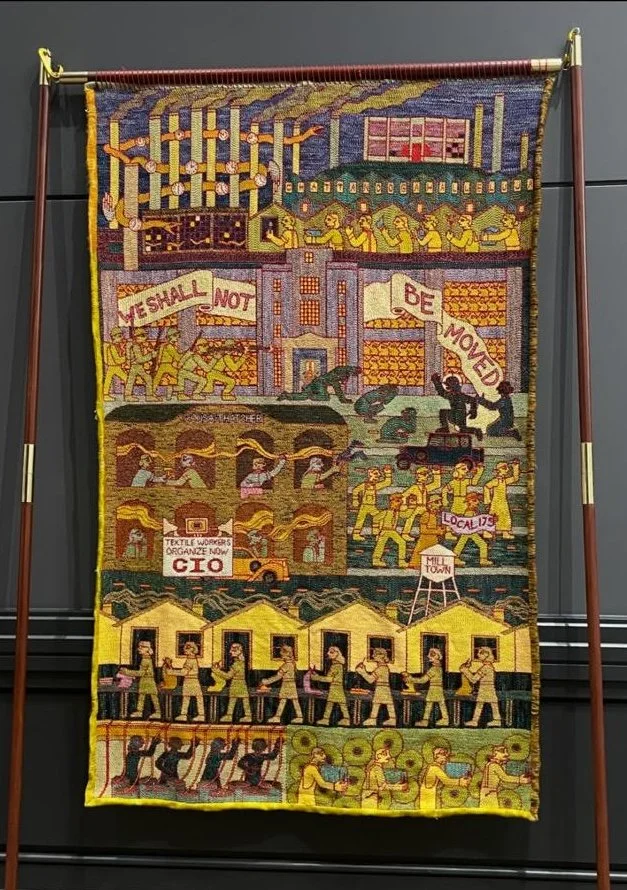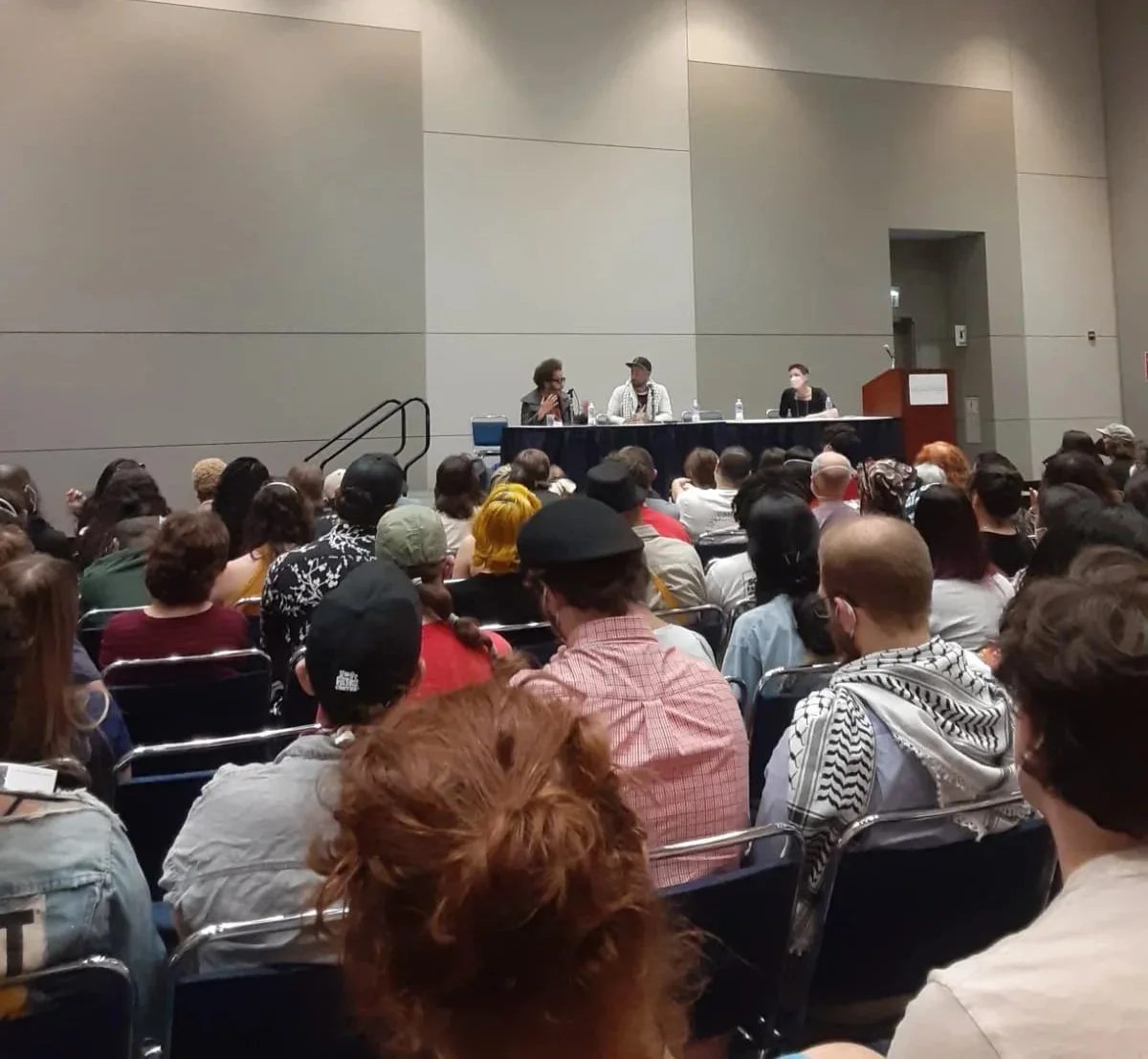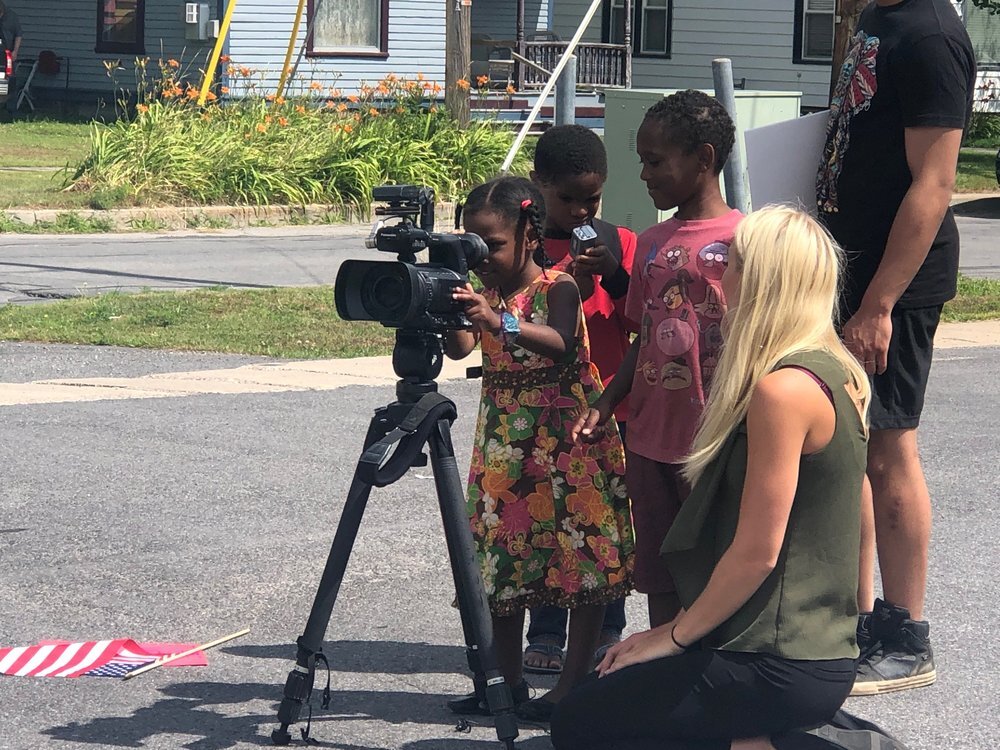
Stories
News
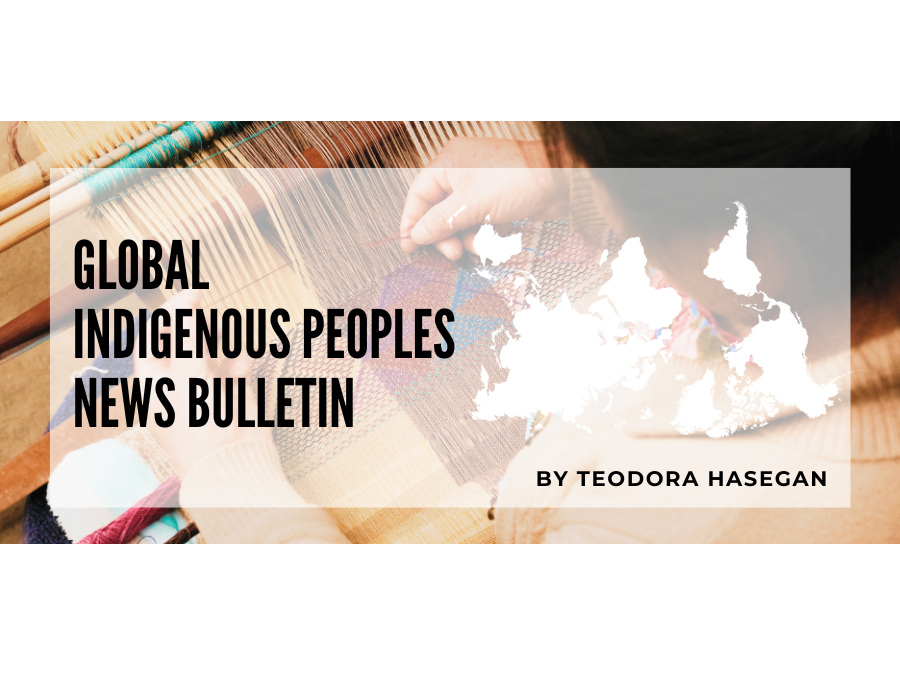
Analysis
Voices
Podcast
Announcements
Events

All Stories
Exploring Revolutionary Alternatives in an Age of Rising Fascism and Failed Liberalism
A report from a unique meet-up at the Socialism 2025 conference
‘What Radicalized You?’: Impressions from Socialism 2025
Left political education in a time of cascading crises
The European Flag Against Trump?
We are witnessing the spectacular and, so far, unstoppable rise of all forms of fascism. We find the most recent act of this drama in the United States with the victory in the recent elections of the Republican Party led by Donald Trump, whose electoral program, even beyond demagoguery and grandiose statements, did not hide its intentions and is already being carried out.
The Danger of the Far Right Occupying Brussels
In his latest analysis of the European political and economic scene, Fernando Luengo argues that the ascent of the far right in the run-up to the 2024 European parliamentary elections cannot be separated from the ongoing problem of rising inequality and the fundamental influence of private capital in the public sector.
War, War, and War
In his latest column, economist Fernando Luengo writes ot the warlike climate that is growing in Europe and how it directly shapes a range of problems facing people across the continent and beyond.
Goodbye to Economic Globalization?
I headline this article with a question that, given the economic, political, and also military divisions that are shaking the international scene, might appear to have an obvious answer: in effect, globalization is behind us. But there is another, earlier question that turns out to be quite revealing and, in my opinion, is necessary to pose: which globalization are we talking about?
Yolanda Díaz Says Labor Is Not a Commodity: A Serious Mistake
In the capitalist system, writes Fernando Luengo, “Workers offer their labor power to the owners of the means of production, who buy it in exchange for a wage. This is the essence of capitalism; far from being a peripheral or irrelevant issue, I would say that it constitutes one of the keys that explain the operation and reproduction of the system.”
8M Demonstration in Madrid: Where Women’s Struggles Meet Workers’ Struggles
The color purple took over the main streets of Madrid. Thousands of women and allies holding up signs were waiting for the demonstration to begin. I have never seen so many people gathered together – people from all ages and backgrounds prepared for this rally to begin.
Privatizing Sacred Spaces: How a New Guatemalan Law Threatens the Mayan Nation
In early May, the Congress of the Republic of Guatemala introduced the first reading of Initiative 5923 or, the “Law for the Rescue of Pre-Hispanic Heritage” (Ley para el Rescate del Patrimonio Prehispánico). Despite the bill’s ambiguously progressive-sounding title, the reading was met with disappointment, outrage, and alarm from the many Indigenous Mayan peoples of Guatemala and their allies from around the world.
Chueca: Between Rainbow Capitalism and Fascism
In her first Weaving the Streets article, Skylar Bergeron reports from the Madrid neighborhood of Chueca, where a tradition of LGBTQ+ pride mobilization exists uneasily with the forces of capitalist “pinkwashing” and far-right intimidation.
White Privilege, COVID-19, and the End of Capitalism
In the widespread protests against police violence following the murder of George Floyd, Blake Lavia sees evidence of how COVID-19 has brought the problems of a “racist economic system” into sharper view. Can the current uprisings hold the key to addressing both the climate crisis and the need to build a more just economic system? The challenge, Lavia argues, is for white people to look themselves in the mirror, go beyond performative solidarity, and work actively to dismantle oppressive systems.
Quarantine Demands Rethinking the 'Educational Factory'
Sara Monggaard reflects on the implications of the pandemic for the experience of university students. “I believe in this period of monumental global pause, unity and introspection, we have a unique window to look forward. It is time to tear our structures apart and rethink the purpose of ‘education’ with restructured learning objectives and methods. What does it mean to be educated? What should education prepare us to tackle?”
Return to Materialism: COVID-19 Fieldnotes for Upstanders
Łukasz W. Niparko writes: In recent days, we have read enough dystopian visions of the post-COVID world. I do not want to write another one. Because in the hands of upstanders rests the choice between dystopia, maintenance of the status quo, or perhaps a quasi-utopian victory for all of humanity. While being under lockdown, or while on the subway, we have the choice to rethink the losses of the past 30 years and be upstanders before others steal the few freedoms we still have left.
Setting the Foundation for Gentrification in Sunset Park, Brooklyn
How do racial capitalism, the politics of corporate branding, and the “shock doctrine” converge in the ongoing gentrification of Sunset Park, Brooklyn? Iman Maani explores this question in her first installment for “Glocal Dispatches,” our series focusing on how globalization impacts local communities.
Big Questions with Riccardo Petrella
By John Collins
This past August the city of Montreal hosted the 2016 World Social Forum, a major international gathering of activists, NGOs, and other concerned citizens who are committed to building a better world through grassroots action. With assistance from Jacques Brodeur, a media activist and board member of the Action Coalition for Media Education, Weave News was able to interview one of the most prominent featured speakers at the event: Riccardo Petrella, the Italian scholar and activist who for more than two decades has been at the forefront of efforts to recognize water as a human right. Following his lecture on Petrella was gracious enough to sit down with John Collins of Weave News and Shane Rogers, an environmental engineer from Clarkson University, to answer some of our Big Questions. In each case his answer was precise, thoughtful, and provocative.

